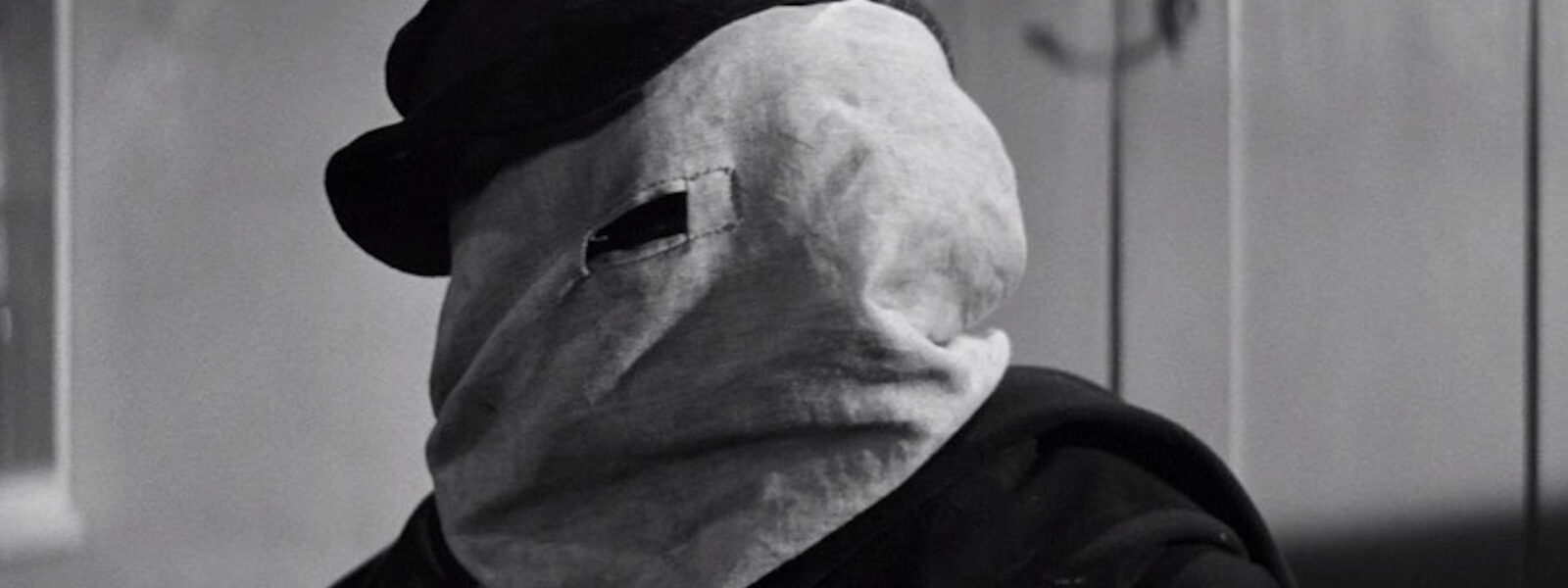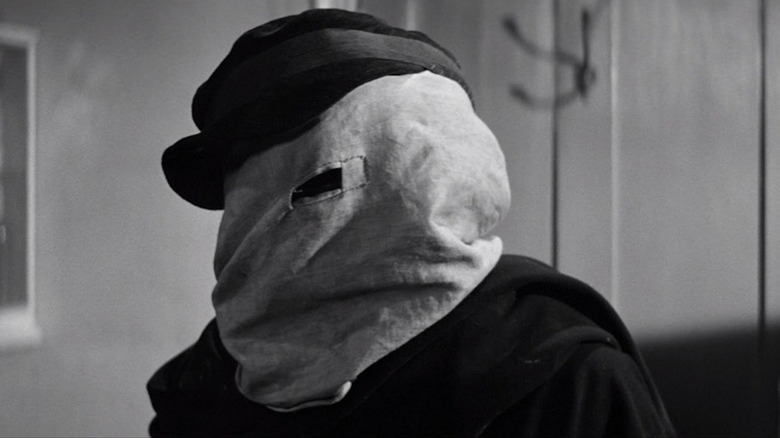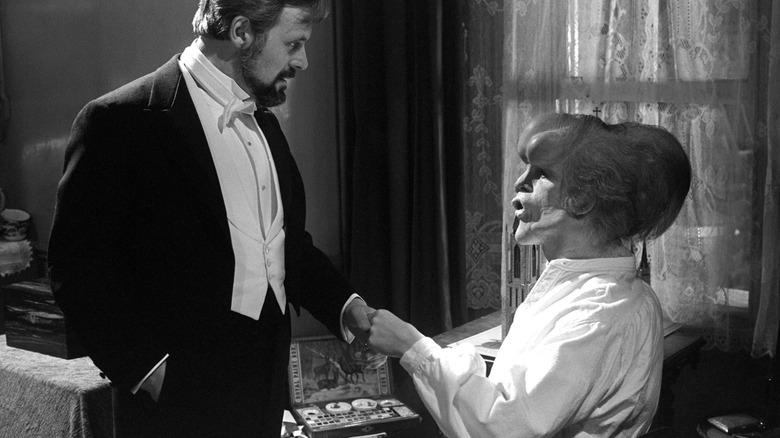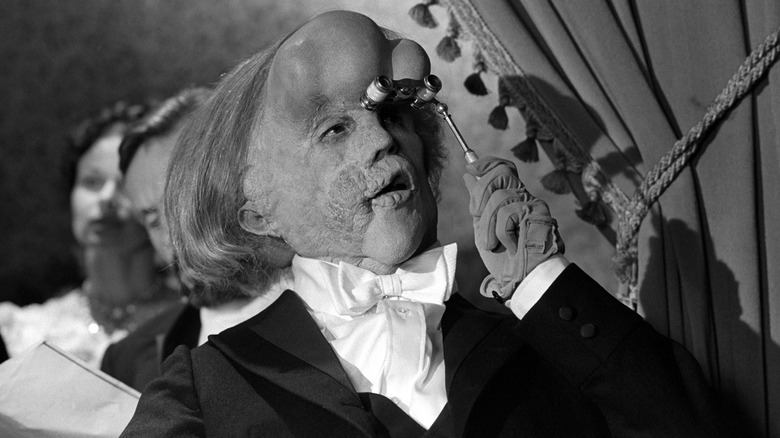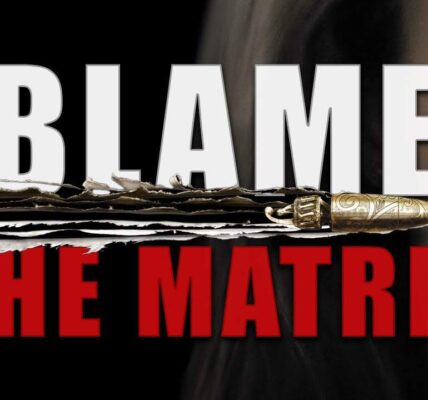We may receive a commission on purchases made from links.
I had a fever. I wasn’t well and couldn’t think clearly, but, being less than 10 years old, I wasn’t afraid. I had been sick before and was getting better. My parents weren’t worried, the family dog was on the other end of the living room couch and the television was tuned to The Movie Channel. While my friends were stuck in an overheated classroom, memorizing cursive like a pack of healthy assholes, I was drifting up and down while movies played on the CRT tucked in a corner. carved wood eight feet from me. . I don’t remember if I had a sore throat or a persistent cough. I remember that I was happy and hungry for sensations. It was my happy place.
At that age, I had watched enough movies to know that they weren’t all going to be “Jaws” or “Airplane!” – which, to my young mind, represented the pinnacle of cinema. I knew everything about the Oscars and kept an eye on the Oscar nominated films. I remember finding it odd in 1980 that two black-and-white films were up for Best Picture, and not being inclined to watch them for that very reason. But on this sick day, the programmers at The Movie Channel had decided that I would spend my afternoon watching the David Lynch film. “The Elephant Man.”
I wasn’t completely unmoved by the idea. The grotesque makeup creation by Christopher Tucker gave Lynch’s film the look of a monster movie. Since I had already watched most of Universal’s horror classics from the 1930s and 1940s, I could watch a film in black and white if there was a hideous creature hiding in it. Indeed, I approached “The Elephant Man” as a freak show. Two hours later, with the temperature north of 100 degrees, the world was a completely different place.
The monsters in The Elephant Man are terribly human
When I learned yesterday afternoon, via a flood of texts, that David Lynch had died, I felt disconnected from reality. Although the longtime smoker’s recent revelation of his emphysema diagnosis had forced us to contemplate a world without further surreal excursions from the sui generis filmmaker, I still couldn’t comprehend that such a vital artist and also limitlessly inventive was deadly. Since I was writing an appreciation of the Bob Uecker who just passedI didn’t have the psychological space to adapt to this new reality. But before diving back into the sardonic brilliance of Uecker’s Harry Doyle in “Major League,” I allowed myself a moment. And in that moment, as I was holding back tears in the middle of a public library, I sat back on that couch, sick as a dog, watching “The Elephant Man.”
It had been decades since I last watched “The Elephant Man,” but I could still conjure up the memory of that nightmarish opening sequence where John Merrick’s mother is attacked by a herd of elephants. Was I supposed to consider this incident responsible for Merrick’s deformities? Having mild hallucinations myself, I was probably more confused than terrified; I know I’ve never seen a studio film pull off something so strange before, which kept my attention for at least ten more minutes.
In the film’s conventionally staged first scene, we are guided through a freak spectacle from the point of view of Dr. Frederick Treves (Anthony Hopkins), curious as to why police officers were called to shut down one of the exhibits . The ambitious surgeon learns that an attraction called The Elephant Man is behind all this scandal. When he learns that this creature is so malformed that it is considered indecent for public viewing, he later returns to pay the beast’s owner generously for private display.
Lynch masterfully treats Treves’ visit as a suspenseful play, with the handler leading the doctor through a dark hallway and into a room that slowly illuminates with firelight to reveal Merrick in all his indescribable ugliness. Lynch attacks Hopkins, who, rather than gasping, sheds a tear. He is moved by this man’s condition and, we presume, wants to help him.
The viewer doesn’t get a proper introduction to Merrick until half an hour into the film, after which we see him exposed to the open-mouthed edification of Treves’ colleagues and exploited again by a hospital orderly. After such a prolonged build, the Merrick we imagined ends up being far more monstrous than the one whose appearance elicits a blood-curdling scream from an unsuspecting nurse – at least that’s what I thought. I felt on this sofa. From that moment on, I was as fascinated by “The Elephant Man” as I had been during the finale of “Star Wars”.
Introduction of a child to the unknown
I’m not a parent, but I was a child once, and I firmly believe that many children can tackle troubling topics as long as the director shows restraint and compassion. Although Lynch doesn’t shy away from the cruelty Merrick experiences (his kidnapped return to the freak show in the third act is particularly heartbreaking), the kindness he shows, which allows him to come out of his shell and reveal himself to be a human being. being full of potential is what resonates long after the credits roll. On this basic level, “The Elephant Man” is an ideal show for children.
What makes it essential is the Lynchness of it all. The aforementioned prologue, Merrick’s journey into pantomime and his passage into the cosmos are both wondrous and mysterious. The fact that he hastened his death by removing the pillows from his bed in the final scene might raise a few questions among astute youngsters, but there is no better way to complete this Lynchian introduction by answering: “I don’t don’t know.” That’s right, kids. It’s up to you to find out and, what’s more, there is no wrong answer. When they ask if Merrick went to heaven, again kindly respond, “I don’t know.” And if you don’t feel like answering these questions, I have the perfect solution: let them watch on their own.
That’s what I did one winter afternoon some forty years ago, and it was that memory that soothed my soul as I took my first uncertain steps into a world where David Lynch is just a memory – the one that will last forever because nothing will die.
